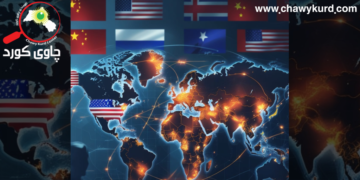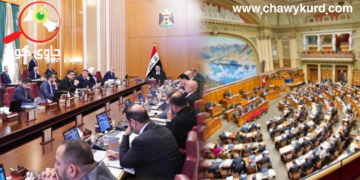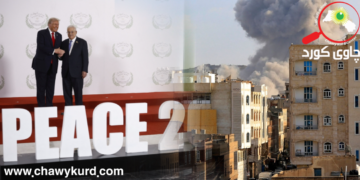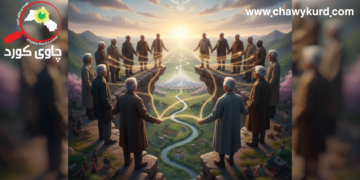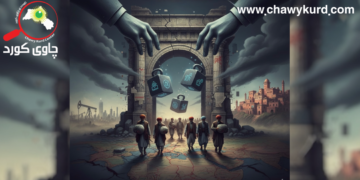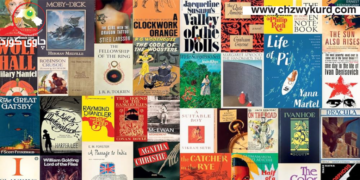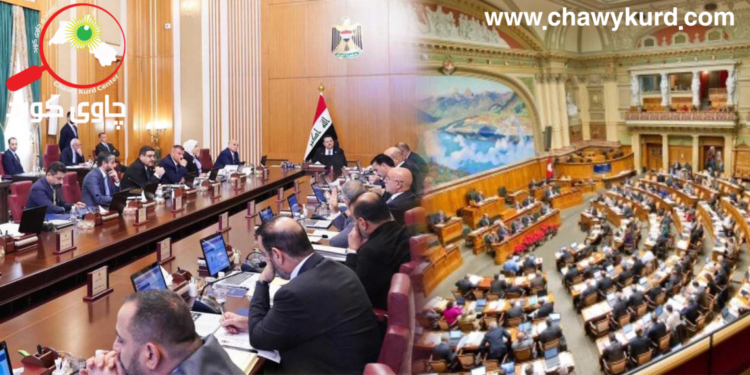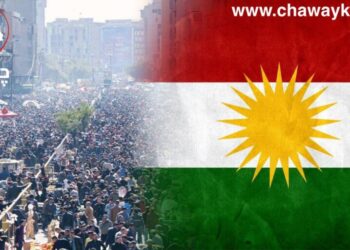Federalism was created as a system of political and constitutional organization that divides powers between the central government and the regions to solve the problems of multi-ethnic societies. Research shows that this system has been successful in Switzerland, but has deepened conflict in Iraq. Switzerland has been able to peacefully reconcile four different ethnic and linguistic groups: German, French, Italian and Romanian. The success of its system lies in several factors: strong institutions, direct democracy, extensive cantonal self-government, the rule of law and a common national identity. All this has led to the creation of trust between the communities. In Iraq, however, federalism, which was obligatory founded after 2003, has failed to bring Kurds, Sunni Arabs, and Shiites together peacefully. Although the Iraqi constitution guarantees the rights of communities, there are many problems in its implementation: sectarianism prevails, most constitutional articles have not been implemented, federal institutions are weak, and sectarian identity prevails over national identity. Research shows that federalism is not the only solution, but requires a number of cultural, historical and political prerequisites. This explains why some countries, such as Switzerland, have succeeded, but Iraq is plagued by more ethnic and sectarian problems that threaten to tear the country’s unity apart.
Comparison between Swiss and Iraqi federal systems”
Common points;
- Both countries have different ethnic and linguistic compositions. Switzerland has four main groups: German, French, Italian and Romansh, while Iraq is contain of Kurds, Arabs, Turkmen and Assyrians.
- Both states have chosen a federal form of managing ethnic diversity.
- Both countries officially recognize multiple languages in the constitution.
- Both countries have national parliaments representing different regions.
Different points;
- Switzerland was formed on the basis of a voluntary alliance of cantons over hundreds of years, but Iraq was formed as a result of external pressure and its federalism was established after the fall of the Ba’ath regime in 2003 without previous experience.
- Switzerland has 26 cantons, each with high autonomy and proper representation of different ethnic groups, but Iraq has only one region, “Kurdistan”, and several provinces, which is a rare example in the world.
- Switzerland has a decentralized system where the cantons have independent tax authority and collect their own revenues, but Iraq has a centralized financial system, all revenues go to the central treasury and then redistributed.
- Switzerland has established a consensus-based deliberative and decision-making system. The Swiss Federal Council is made up of seven members divided among different linguistic groups. While, Iraq has a lot of power struggles.
- Switzerland has been governed for more than 170 years without civil war or major ethnic conflicts. Throughout history, Iraq has experienced political instability and ethnic and sectarian conflict.
- Switzerland has a diverse and developed economy that relies heavily on services, banking and industry, but Iraq derives most of its revenue from oil, which has created conflict between the region and the central government.
- In Switzerland the cantons have their own constitution, judicial system and legislature, but Iraq only the Kurdistan Region has some independence, but it does not have a constitution.
- Switzerland has a long culture of dialogue, coexistence and conflict resolution through direct democracy and referendums, but Iraq has deep-rooted ethnic-sectarian conflict and the Kurdistan Region held a referendum in 2017, resulting in violence and military clashes.







